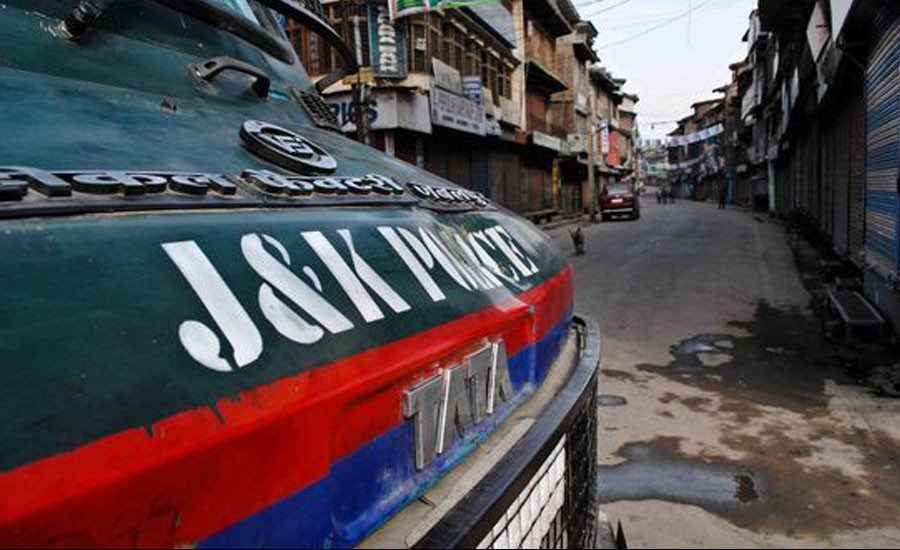AI calls on Indian govt to release all political leaders in IOK

LONDON (Web Desk) – Amnesty International (AI) has called on the Indian government to immediately release all political leaders in Indian Occupied Kashmir (IoK) and put an end to the deliberate silencing of voices in the region.
Following the unilateral revocation of Article 370 of the Indian Constitution that guaranteed special status to Jammu and Kashmir by theIndian government, authorities have allegedly detained several political leaders, including former Jammu and Kashmir chief ministers Farooq Abdullah, Omar Abdullah and Mehbooba Mufti; former bureaucrat-turned-politician Shah Faesal and Ravinder Sharma.
Executive Director AI in India, Aakar Patel voiced concerns over the situation in IoK saying that depriving an entire population of their right to freedom of expression, opinion and movement for an indefinite period runs squarely counter to the international norms and standards.
“For the 22nd day in a row, life has been derailed for the people of Jammu and Kashmir. The communication blockade and security clampdown, the alleged detention of political leaders and restrictions on media to report has created an information black hole in Jammu and Kashmir, a region which has witnessed serious human rights violations in the past.”
“Depriving an entire population of their right to freedom of expression, opinion and movement for an indefinite period runs squarely counter to international norms and standards. Worse, it gives the Government of India a near-total control over the information coming out of the region.
“This turns the fear of human rights violations that may occur yet remain unreported into a reality which only stands to perpetuate impunity and diminish accountability in Jammu and Kashmir – a culture the Government of India continues to extend in spite of its promises of development and change.”







